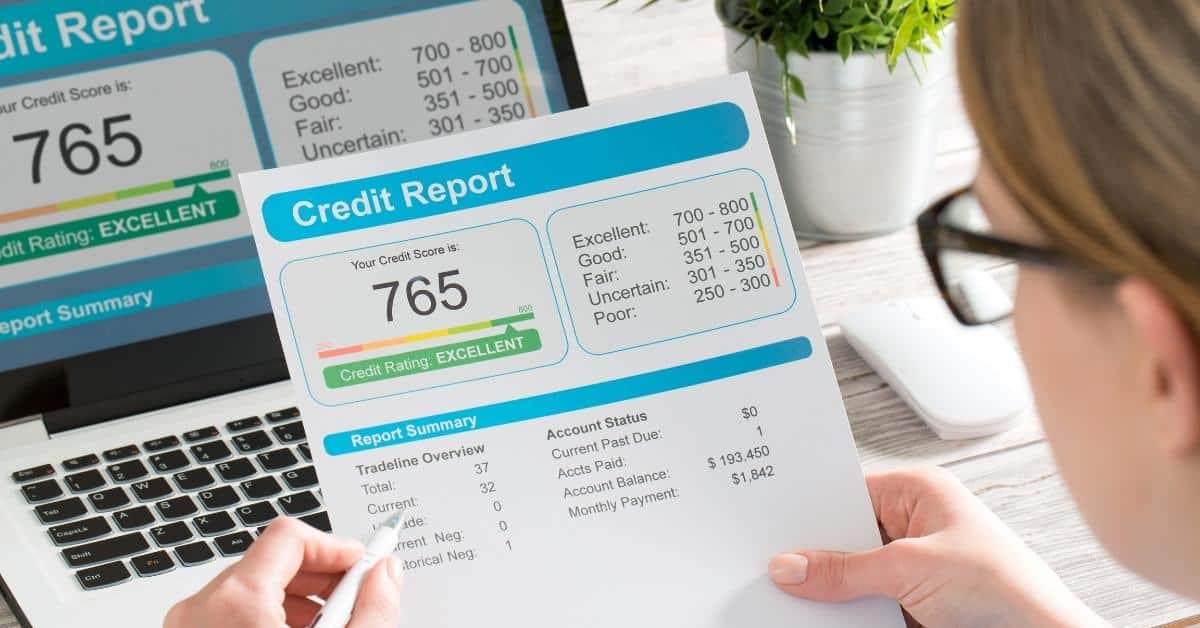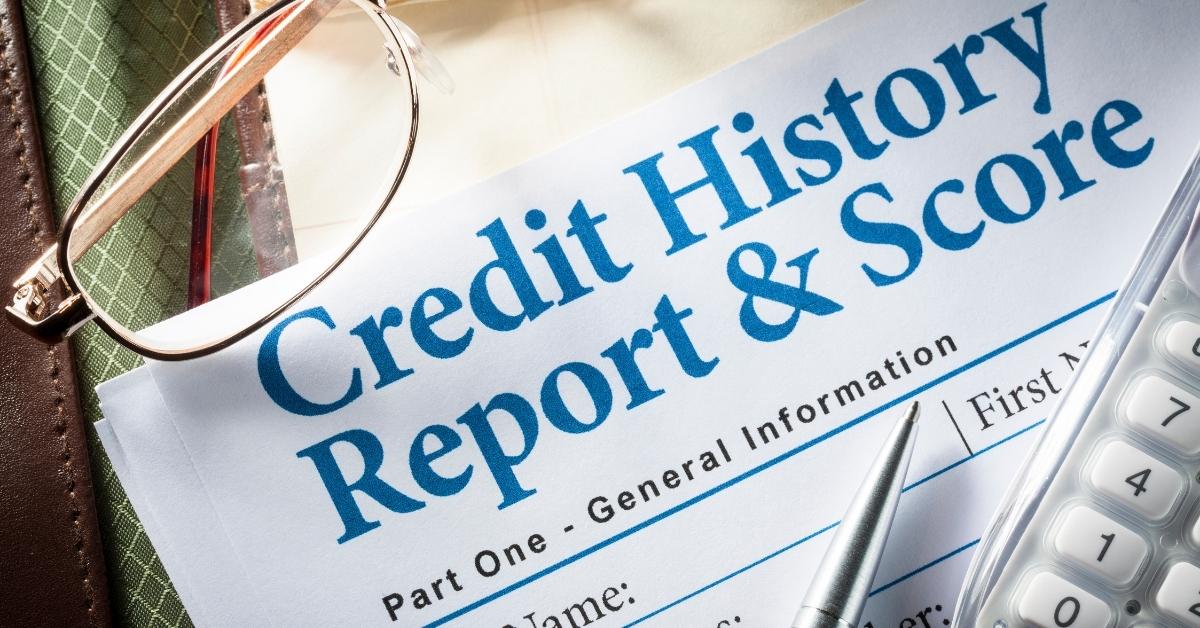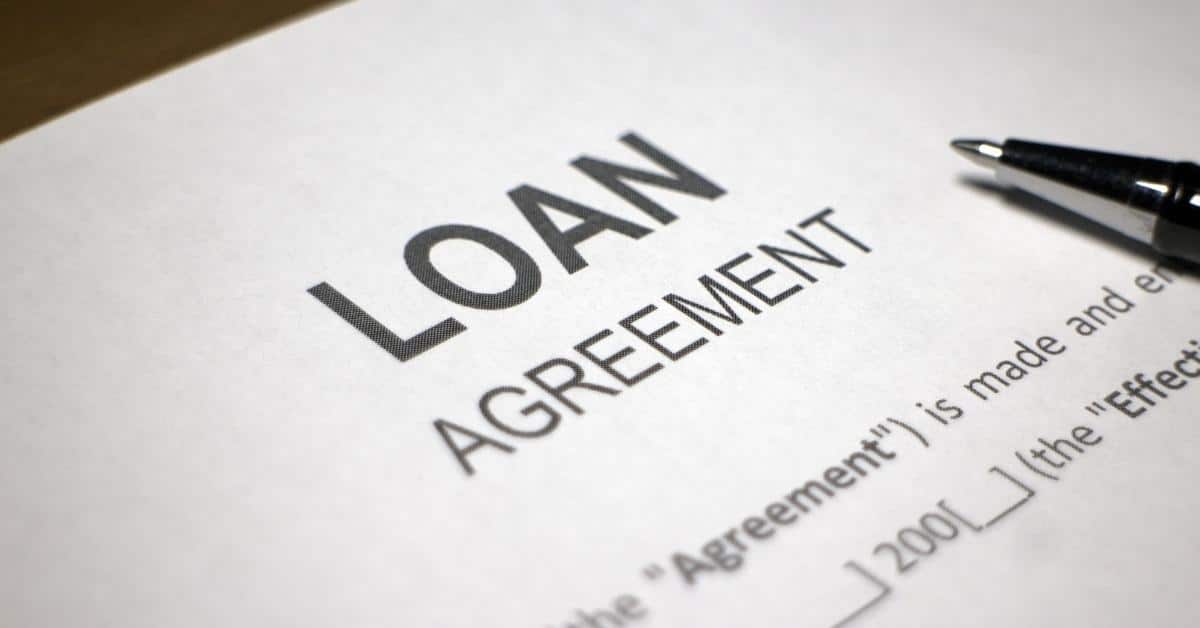If you’ve been researching applying for a loan, you may have been disappointed to learn that higher interest rates in recent times have led to an increase in loan rejections. Having a cosigner or co-applicant can help increase the likelihood that you’ll be approved for a loan and can even improve the terms you’re offered.
When you choose the right cosigner or co-borrower, your own credit can even be improved as you work to build a positive payment history.
 At the same time, taking on a cosigner or co-applicant is a big decision. This isn’t something you’ll want to pursue lightly, both for the sake of your personal relationship with the other individual as well as your financial future.
At the same time, taking on a cosigner or co-applicant is a big decision. This isn’t something you’ll want to pursue lightly, both for the sake of your personal relationship with the other individual as well as your financial future.Let’s take a closer look at what you need to know about cosigners, co-applicants, and co-borrowers to ensure you have all of the most important information before moving forward with your application.
There are important distinctions to be made between the terms “co-borrower,” “cosigner,” and “co-applicant.” You’ll want to make sure you fully understand which type of agreement you are signing on for before putting your name to any loan agreement.

“Co-borrower” and “co-applicant” are often used interchangeably, though one could technically argue that co-applicant is the term used during the application process while co-borrower is the term used once the loan has been approved and funded.
Here is the bottom line:
When someone cosigns a loan, it means that they are adding their name, financial info, and credit history to the loan application of the primary borrower.

By doing this, they are agreeing to take on the legal responsibility of paying back the loan amount (and any extra fees) if the borrower isn’t able to keep up with the payments.
Co-signers provide a guarantee for a loan or lease but typically do not have an ownership interest in the financed item. They're responsible for the debt if the primary borrower or tenant fails to pay. Their primary role is to offer assurance to the lender or landlord regarding repayment but may not have any rights to the property or asset being financed.
Usually, a consumer will seek out a cosigner when they know they’re going to struggle to be approved for a loan based on their own financial information and credit profile.
A co-applicant on a loan is an additional individual that is taken into account when a loan is being underwritten and (hopefully) approved. It’s possible that having a co-applicant will help you improve the odds that you will be approved for a loan. Furthermore, you might be offered more favorable loan terms once the other person’s credit history and financial info are added to the pot.
Co-applicants apply for credit together and are equally responsible for repaying the debt if the loan is extended. They both have ownership rights or benefits from the loan or lease agreement. Both parties' incomes, assets, and credit histories are considered in the approval process. They share equal responsibility for making payments.
It’s important to understand that being a co-applicant (or a co-borrower, for that matter) is not the same as being a co-signer. Cosigners usually aren’t given access to any funds or have anything to do with any collateral related to the loan. Instead, they are just, essentially, back-up if the primary borrower can’t pay back what they owe.

A co-applicant, on the other hand, is equally responsible for the repayment of the loan. For instance, if a husband and a wife apply for a mortgage, they would both be considered “co-applicants.” They both have to make sure they are making their mortgage payments on time, and both benefit from the loan. In this particular example, both spouses would end up being named on the title once the mortgage was fully paid off.
Co-borrower is, basically, another term for a co-applicant. Some people make the distinction that a co-applicant and a co-borrower are the same thing, except that they describe different moments in time in the loan process.
If co-applicants apply for a loan and are approved and funded, they become co-borrowers. With co-borrowers, both individuals' incomes and credit histories are considered in the approval process, and both are equally liable for the loan payments. Unlike co-signers, co-borrowers have an ownership interest in the property.
If someone is a co-borrower, it means that they have access to the loan funds in the same way that the primary borrower does. It also means that they have an equal amount of responsibility for repaying the loan as the primary borrower.
Having a co-signer or a co-applicant can potentially help you build credit. However, this isn’t necessarily a given– whether or not your credit improves, thanks to having another person sign their name to a loan, depends on whether you exhibit responsible habits as a borrower.

If you're the primary borrower and have a co-signer, the co-signer’s strong credit history and responsible financial behavior can positively influence your credit. Timely payments on the loan or lease can improve your credit score.
On the other hand, if you miss payments or default on a loan and you have a co-signer, it negatively affects not only your credit but also the co-signers credit score. Their credit is impacted just as yours is because they are equally responsible for the debt if you stop making payments.
If you have a co-applicant on a loan, both of your credit scores are impacted positively or negatively based on how the loan or lease is managed. Timely payments by both co-applicants can help build both individuals' credit histories, contributing positively to their credit scores. Conversely, missed payments or defaults adversely affect both co-applicants credit scores.
Taking out a loan is a big decision, and approaching someone to sign the paperwork alongside you isn’t something to take lightly. You’ll want to think about the impact it could have on both you and the individual you’re asking to sign on as a cosigner or co-borrower.
There are several reasons you might want to approach someone you know and trust to cosign a loan for you.
There are a number of advantages to having a cosigner, including:
On the other hand, having a co-signer isn’t all sunshine and roses.
There are some potential consequences you’ll want to think about before starting to hunt for the right cosigner, including:
You’ll definitely want to make sure you consider the potential impact on your relationship with your cosigner before choosing to go this route. Money has a way of causing strife in even the strongest of relationships, and you’ll want to make sure you have a clear understanding of how and when the loan will be repaid so that you and the cosigner are able to maintain a positive personal relationship during and after the repayment period.
It can be tempting to become a cosigner to help out someone you care about when they’re looking to gain access to a loan or line of credit. However, it’s extremely important you consider all of the potential implications of this before moving forward.

There are, of course, some obvious benefits to being a cosigner for someone else.
Here are some reasons you might choose to become a cosigner:
Some of the reasons you might not want to cosign a loan include:
If a co-signer doesn’t sound like the right thing for your situation, would a co-borrower or co-applicant be more applicable?

Some of the reasons you might want to apply for a loan with another individual include:
Of course, there are always two sides to every coin. Some of the potential downsides of having a co-borrower include:
Not everyone is going to need a cosigner for a loan. Whether or not having a cosigner could be worth the trouble is going to depend on your particular financial circumstances.
Here are some signs that a cosigner might be useful to you as you work to take out a loan or line of credit:
Finding the right cosigner isn’t a decision you’ll want to rush. Not only is a big decision for you because it impacts your ability to gain approval for a loan and affects the terms your offered, but being a cosigner can also have a big impact on the other individual’s financial life.
For this reason, you don’t want to go around asking everyone you run into whether they’ll cosign on a loan. Typically, cosigners will be parents, family members, close friends, or spouses. The less close you are to a person, the less likely it will be justifiable for them to take on the risk of cosigning your loan.
When you start contemplating who to ask to cosign your loan, you’ll want to keep the following factors in mind:
Finally, before I sign off, let's look at one more question that is frequently asked in relation to cosigning-- what's the difference between an authorized user and a cosigner?
In short, the key difference lies in the level of financial responsibility. An authorized user can use a credit account but isn't liable for payments, whereas a cosigner is legally responsible for repaying the debt if the primary borrower defaults.
Essentially, an authorized user is someone who has been given permission by the primary account holder to use a credit card or account. They have the privilege to make purchases but aren't legally responsible for the debt incurred. The primary account holder maintains responsibility for payments.
To help make the distinction a bit clearer, you might want to become an authorized user on someone else's account in order to improve your credit. On the other hand, you might search for a cosigner if you're looking to add the positive credit history of someone you trust to a loan application in order to improve approval odds or gain access to better loan terms.
Having a cosigner or a co-applicant is a great way to gain access to financial products you otherwise wouldn’t be approved for on your own. Furthermore, it can help you lock down better rates and terms on the loan. If you are able to make regular payments toward the loan after another individual helps you secure it, it can help you build credit through a positive payment history.
At the same time, taking on a cosigner or co-borrower isn’t something you want to take on flippantly. This is a serious financial responsibility that the other individual is agreeing to, so it’s important to make sure they understand what their legal obligations are by signing on to the loan.
Are you working to improve your financial future by improving your credit? If so, make sure you check out our Credit Building Tips blog for more articles and resources to help you on your credit-building journey!